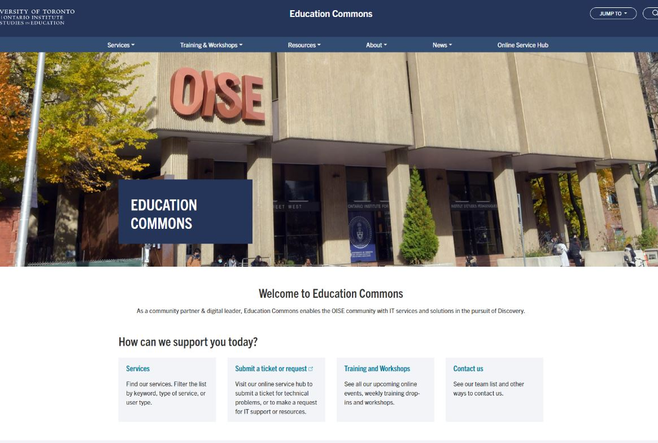
September 22, 2022
New centre for childhood studies doubles child care spaces
Excerpt: "The Province is making education accessible by working with Capilano University (CapU) on a new centre for childhood studies that will more than double the available child care spaces on campus. Slated to open late 2024, the centre will add 74 affordable new child care spaces for a total of 143 on-campus spaces for infants, toddlers and pre-schoolers. Students, employees and community members are all eligible to apply for space for their children at the new centre."





